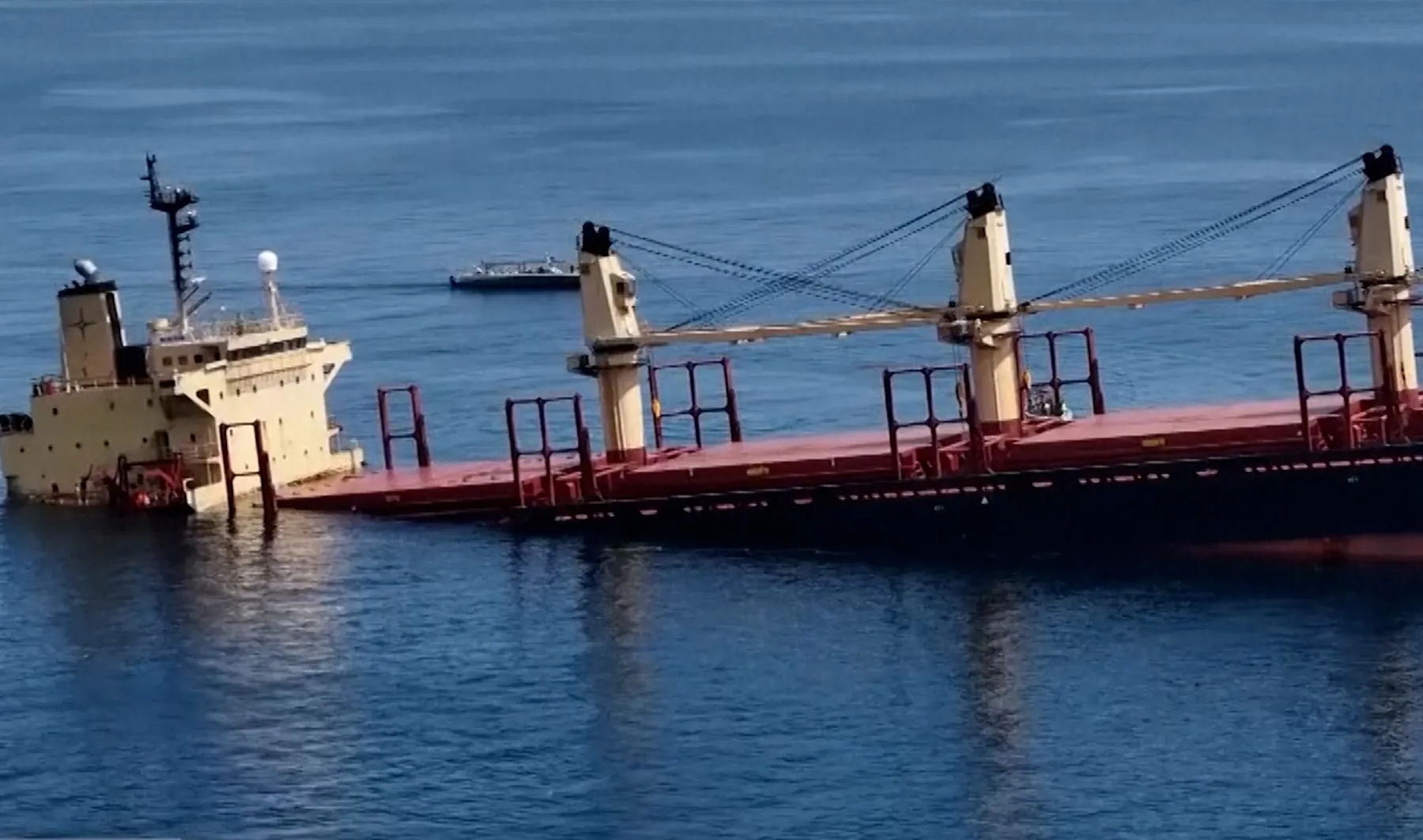A new executive order by U.S. President Donald Trump blocking refugee admissions will have far-reaching consequences, particularly for immigrants who transit through Kenya on their way to the United States.
Refugees from war-torn nations like South Sudan, Somalia, and Ethiopia often pass through Kenya before seeking resettlement in the U.S. and other Western countries. According to the United Nations High Commissioner for Refugees (UNHCR), 2,354 refugees were resettled in the U.S. from Kenya last year—the highest number recorded since the COVID-19 pandemic.
As of December 2024, UNHCR data indicates that Kenya hosts 823,932 registered refugees and asylum seekers, with over 100,000 actively seeking resettlement opportunities abroad.
A Preferred Resettlement Hub
More than half of Kenya’s refugee population resides in Dadaab, while another 300,000 are in Kakuma, with the remainder integrated into urban areas. Historically, the U.S. has been the most preferred destination for refugees leaving Kenya, surpassing other developed nations such as Canada, Germany, Australia, and the United Kingdom.
However, the new executive order—titled *Realigning the United States Refugee Admissions Program (USRAP)*—immediately suspends refugee applications for U.S. resettlement until further notice.
The U.S. Committee for Refugees and Immigrants (USCRI), a humanitarian agency that began operations in Kenya last year, has strongly criticized the move, calling it a rejection of America’s historical role as a leader in humanitarian protection.
“The refugee program embodies America’s moral leadership by ensuring the most vulnerable refugees are safely resettled. The administration’s decision leaves thousands in limbo and danger,” said Eskinder Negash, USCRI President and CEO.
Impact on Kenya and the Global Refugee Crisis
USCRI estimates that 120 million people are currently displaced worldwide, with over 43 million requiring international protection due to conflict, oppressive regimes, and religious persecution.
In Kenya, the suspension of the U.S. refugee resettlement program eliminates one of the few durable solutions available for displaced persons. The executive order also halts vital support services for refugees already in the U.S., including Reception and Placement (R&P) assistance, which provides financial and logistical aid for their first three months of resettlement.
The directive, issued by U.S. Secretary of State Marco Rubio, will cut off resources for refugees already in the country, leaving many vulnerable to homelessness and food insecurity.
Congressional Backlash and Temporary Reprieve
Key lawmakers from the House and Senate Judiciary Committees, along with the Immigration Subcommittees, have protested the decision, warning that the move could destabilize resettlement efforts and worsen the plight of new arrivals.
Meanwhile, in a limited concession, Rubio issued a waiver allowing for essential humanitarian assistance—including life-saving medical aid, food, and shelter—during the 90-day foreign aid moratorium as the Trump administration reviews refugee policies to align with its “America First” approach.
Despite this reprieve, humanitarian agencies remain deeply concerned about the broader impact of the order on global refugee resettlement efforts.





